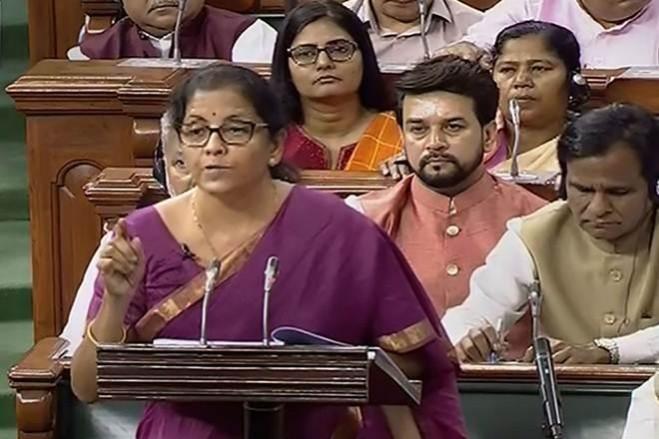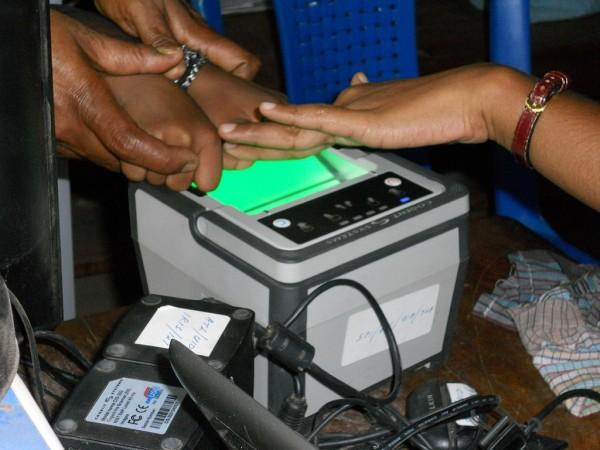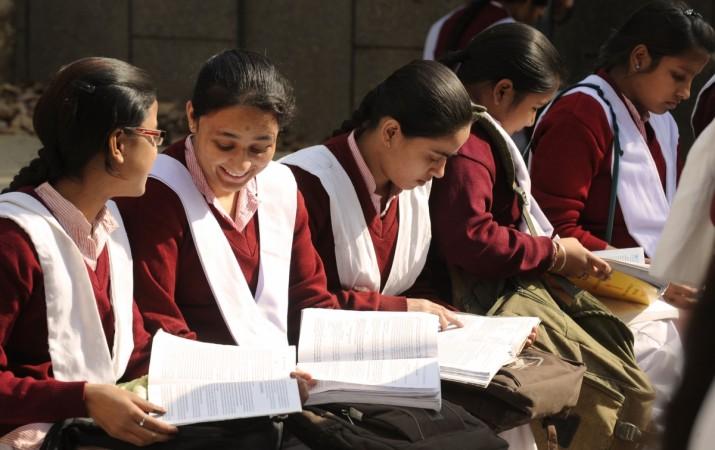
Nirmala Sitharaman proposed some amendments in the Union Budget on Friday. The budget planned towards bringing economic and strategic growth in the country. The budget was segregated into two parts where one part was focussed on taxation cuts for the lower and the middle class and on the other part, it focussed on price hikes on commodities and taxation hikes for the businessmen.
There were some of the proposals and amendments that were made by the finance minister and might turn against the government goodwill.
Here are some of the proposals that raise questions on its implementation and smooth functioning:
Taxation hike for rich

It was a bold move by the government to increase taxes for the higher class people. The increment in taxes by 2% for people having income above Rs 2 crore and 7% for people having an income above Rs 5 crore might sound good to the ears, but referring to the slowdown in the economy and the losses procured by the large companies might turn against the government.
The major question that arises is, in the present scenario where India is fighting against black money, the implementation of the proposal might turn the rich flee to tax havens.
Aadhaar-PAN interchangeable

The budget gave a boost to the Aadhaar this year by allowing the unique identification document to file IT returns instead of PAN card. The proposal by the finance minister might help the public use Aadhaar as their primary identifying document in all the sectors, resolving many conflicts of document requirements in different places.
The problem with the proposal is that Sitharaman said that Aadhaar and PAN can be used interchangeably. The authenticity of PAN cannot be considered in many places as the card does not hold the address proof. This might create scenes of money laundering and scams in different sectors due to the missing address credentials.
Institutes of Eminence scheme

Nirmala Sitharaman increased the budget for the world-class institutions by three times at around Rs 400 crore. This is the scheme for elite class institutions that have the efficiency to fight international organisations for a place in the top 200 list.
However, the finance minister did not consider any budget allocation for a list of government institutions at the lower levels. There was even a decrease in the budget allocation for the MGNREGA scheme that was helping the remote areas fund infrastructure for education as well. The job enhancement schemes without a proper education scheme for a progressive India does not seem to have a stand in the line of action.
FDI allowance for insurance intermediaries
The finance minister said that the insurance intermediaries will be getting 100 per cent FDI. This might sound interesting in terms of India's integration into the global economy but the problem with the proposal is that the brokers who are licensed to sell insurance will benefit from the implementation. This might lead to disorientation in the structure of integration to the global economy.







!['Abhishek will win national award': Abhishek Bachchan's poignant act will tug your heartstrings in slice of life emotional saga I Want To Talk [trailer review]](https://data1.ibtimes.co.in/en/full/805617/abhishek-will-win-national-award-abhishek-bachchans-poignant-act-will-tug-your-heartstrings.jpg?w=220&h=138)



